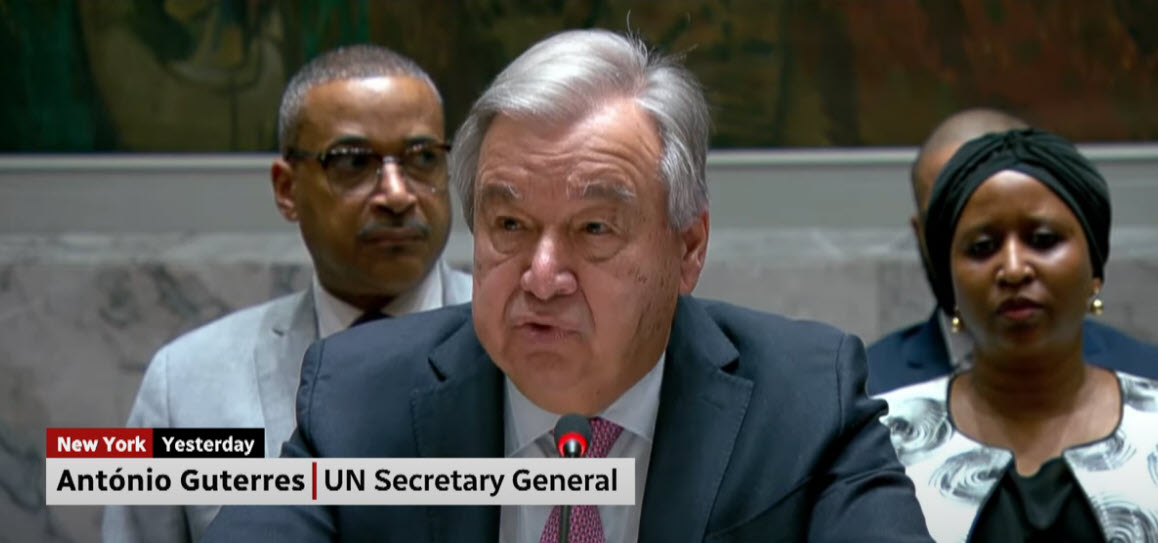In the wake of Iran’s recent missile and drone attack, world leaders are collectively urging Israel to exercise restraint and avoid escalating the conflict further. The United Kingdom, France, Germany, and the European Union’s foreign policy chief have joined Washington and United Nations Secretary-General António Guterres in emphasizing the need for de-escalation.
The situation has become increasingly tense following Iran’s attack, which targeted Israeli territory. The attack has heightened concerns about a potential escalation of hostilities in the already volatile Middle East region. World leaders are emphasizing the importance of avoiding actions that could lead to a further deterioration of the situation.
The United Kingdom, through its Foreign Office, expressed deep concern about the recent escalation and called on all parties to refrain from actions that could escalate tensions. France and Germany echoed similar sentiments, highlighting the need for dialogue and diplomatic solutions to resolve the conflict.
The European Union’s foreign policy chief emphasized the importance of de-escalation efforts and called for restraint on all sides. The EU stressed the need for dialogue and peaceful means to address regional security challenges.
Washington and United Nations Secretary-General António Guterres have also called for restraint and emphasized the need for diplomacy to prevent further escalation. The UN chief urged all parties to prioritize dialogue and engage in efforts to reduce tensions and promote stability in the region.
Israel, while assessing its response to Iran’s attack, is under increasing pressure from the international community to exercise restraint and seek peaceful resolutions to the conflict. The situation remains fluid, with diplomatic efforts ongoing to prevent further escalation and promote dialogue.
As tensions persist in the region, the collective appeal from world leaders underscores the urgency of finding peaceful solutions and avoiding actions that could lead to a wider conflict.



